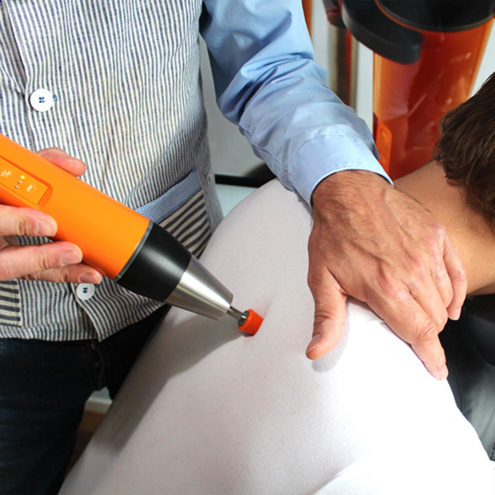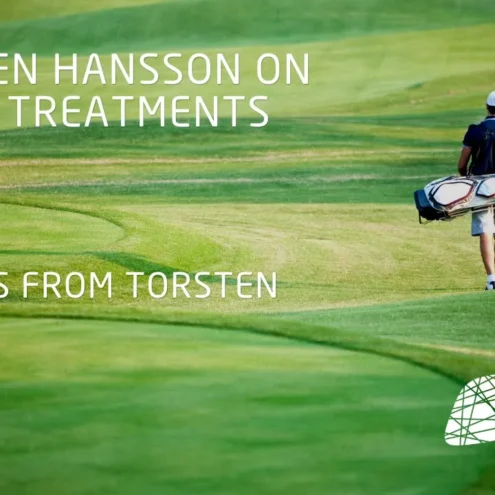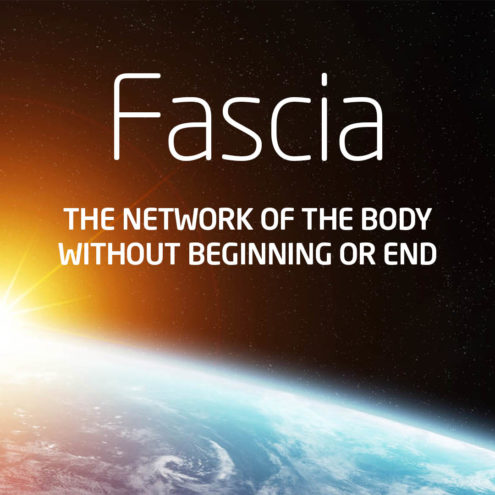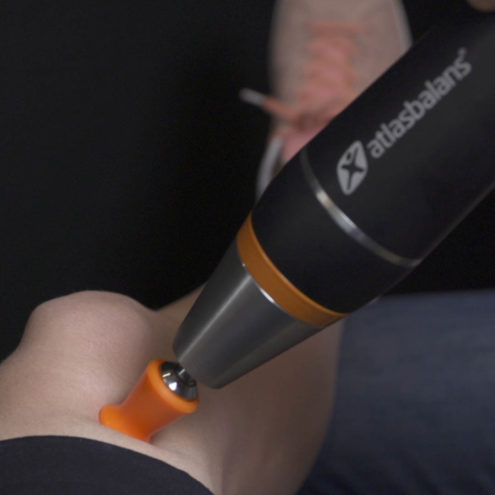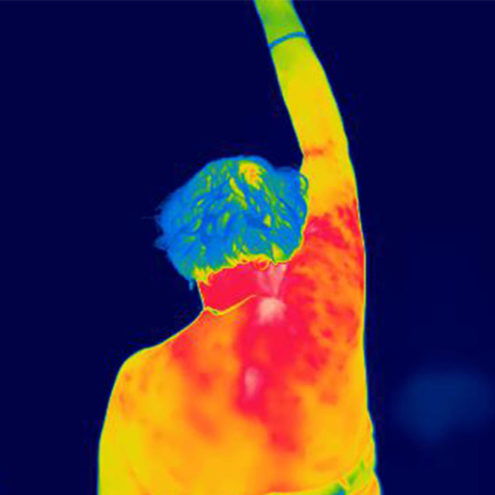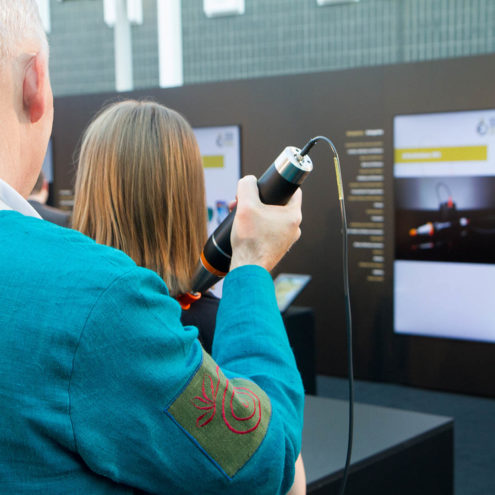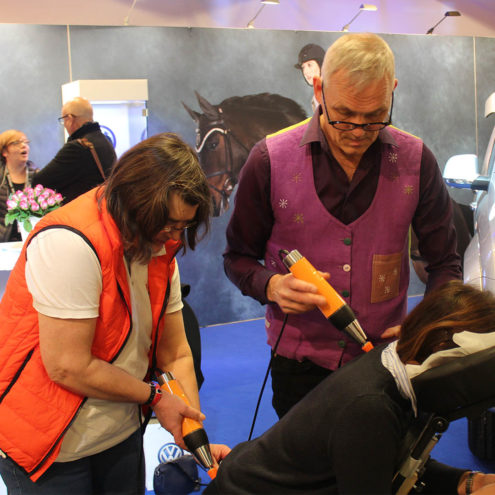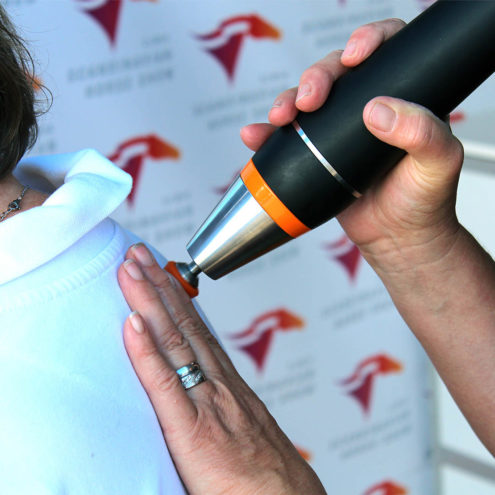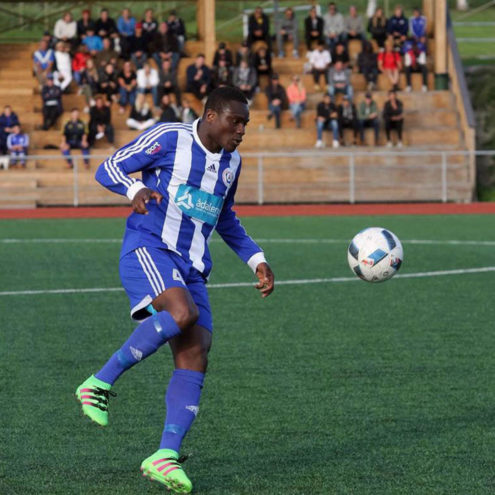Herniated disc with nerve impingement

What is a herniated disc with nerve impingement?
A herniated disc with nerve impingement is a spinal cord injury that occurs when the jelly-like discs between the vertebrae (nucleus pulposus) bulge out and press on the nerve roots in the spine. This can cause pain and other unpleasant symptoms.
What causes a herniated disc with nerve involvement?
Herniated discs with nerve involvement can have several causes, including ageing and wear and tear of the discs in the spine. Sudden injuries can also affect the spine and lead to herniated discs. Repetitive movements and heavy lifting can overload the back and increase the risk of herniated discs. Certain genetic factors may also play a role in the development of herniated discs with nerve involvement.
Symptoms of herniated discs with nerve involvement
Herniated discs with nerve impingement can cause different symptoms, depending on where in the spine it occurs and the extent of the damage to the disc. Common symptoms include pain in the back, legs or arms. Numbness, tingling and muscle weakness may also occur. The pain can be acute or chronic and may radiate along the affected nerve roots.
What should you think about in the event of a herniated disc with nerve involvement?
In the case of herniated discs with nerve impingement, it is important to avoid activities that may worsen symptoms. This may include avoiding heavy lifting and strenuous movements that can increase pressure on the affected discs. Avoiding sitting or standing in the same position for long periods can also reduce the strain on the spine. In case of severe symptoms, medical help should be sought for a proper diagnosis and recommended treatment.
Treatment of herniated discs with nerve impingment
The treatment of herniated discs with nerve impingement can vary depending on the severity of the symptoms and the needs of the individual patient. Conservative approaches are usually the first choice and may include pain relief, physiotherapy and rehabilitation. Pain management may include non-steroidal anti-inflammatory drugs (NSAIDs) and muscle relaxants to reduce pain and inflammation. Physiotherapy focuses on strengthening the surrounding muscles, improving posture and increasing spinal mobility. In more severe cases, surgery may be considered to remove or repair the herniated disc and reduce pressure on the nerve roots.
Fascia treatment for disc herniation with nerve impingement
Fascia treatment can be complementary to traditional treatment for herniated discs with nerve involvement. Fascia is the connective tissue that surrounds and connects muscles, organs, bones and joints in the body. Treating the fascia can reduce tension, improve circulation and promote healing. By reducing inflammation and improving mobility, fascia treatment can help relieve pain, promote recovery and support rehabilitation in herniated discs with nerve impingement.
Frequently asked questions about herniated discs with nerve impingement
Can herniated discs with nerve impingment heal on their own?
In some cases, herniated discs with nerve impingement can heal on their own over time through conservative treatment methods and the body’s natural healing ability. However, it is important to remember that each case is unique, and medical treatment may be necessary if symptoms worsen or do not improve.
Can exercise and physical activity help with herniated discs with nerve impingment?
Exercise and physical activity can be part of the rehabilitation for herniated discs with nerve impingement, but it is important that exercise is adapted and supervised by a specialist or physiotherapist. Proper exercise can strengthen the muscles around the spine and improve the stability and support of the discs, which can help reduce symptoms and promote recovery.
How can fascia treatment help with herniated discs with nerve impingement?
Fascia treatment focuses on releasing tension and imbalances in the fascia around the affected area. By improving the circulation and flexibility of the fascia, pain and inflammation can be reduced. By reducing tension, fascia treatment can provide relief and promote the body’s natural healing ability.
 Search
Search


